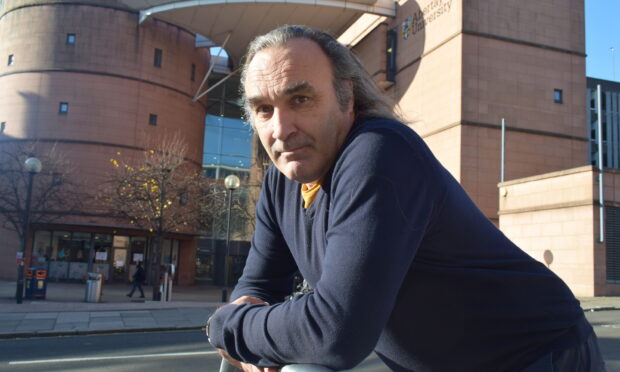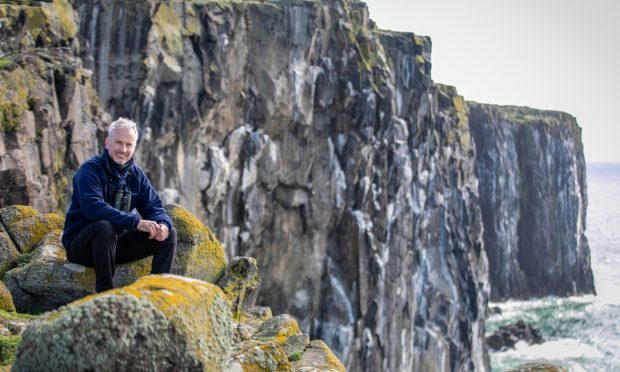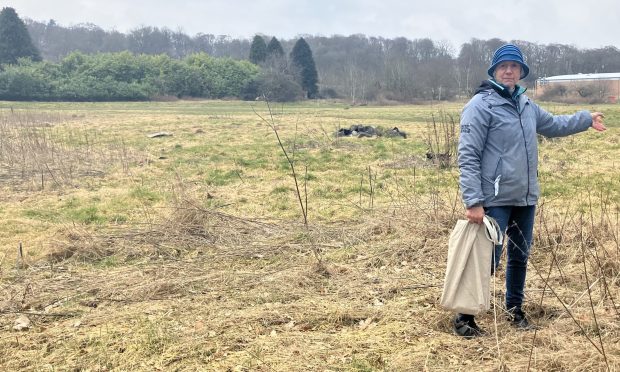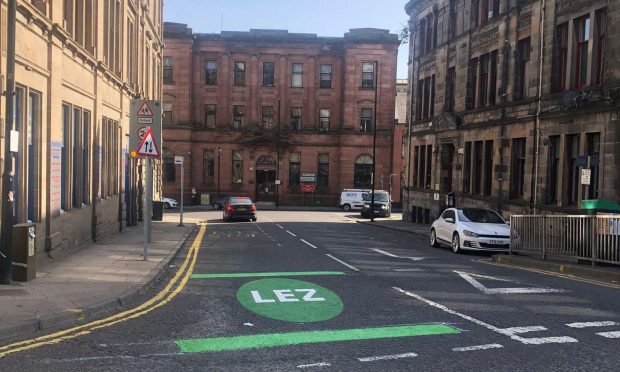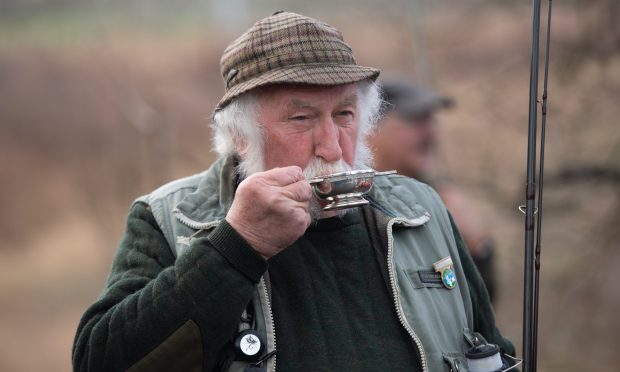Students at Abertay University will explore whether protests by climate change activists Extinction Rebellion ever break the law as part of a new criminology course.
The course, which will begin next year, will see third year students from the Division of Sociology take on a new ‘Green Criminology’ module designed to analyse a wide range of environmental issues.
The State Environment and Crime course will study the climate emergency and the perceptions surrounding the actions of environmental activists – and whether the actions from protesters ever stray into criminality.
A wide range of issues around climate change activism, as well as other ‘green’ themes such as animal abuse and the use of fossil fuels, will be discussed as part of the topic.
In addition to on-campus study, students will be taken to relevant sites across the country to investigate the blurred societal perceptions around what constitutes environmental harm and crime.
Green activists in Dundee recently demonstrated at Barclay’s, calling on the bank to “clean up its act”.
Extinction Rebellion protesters have been criticised for their radical protests, which have included blocking roads and businesses in London.
Course leader and experienced researcher Dr Andrew Samuel said he aims to equip students with the skills and knowledge required to deal with this growing and important area of social science.
He said: “Over the coming years, climate change is going to have to be at the root of all public policy, so it is more important than ever that students are asked to engage with this issue, have the opportunity to analyse facts and, crucially, to take part in academic analysis and discourse.
“We live in hugely uncertain times, and over the course of this new module we will be asking our students to take a fresh look at crunch points where the ecological meets the criminological.
“For example, where does society draw the line between an eco-activist and an eco-terrorist? And at what point does a democratic protest become deemed unacceptable civil unrest?
“Applying criminology theory to a wide range of mainstream ‘green’ issues and social problems allow us to look more widely at the implications of environmental harm, criminality and offending behaviour.”
